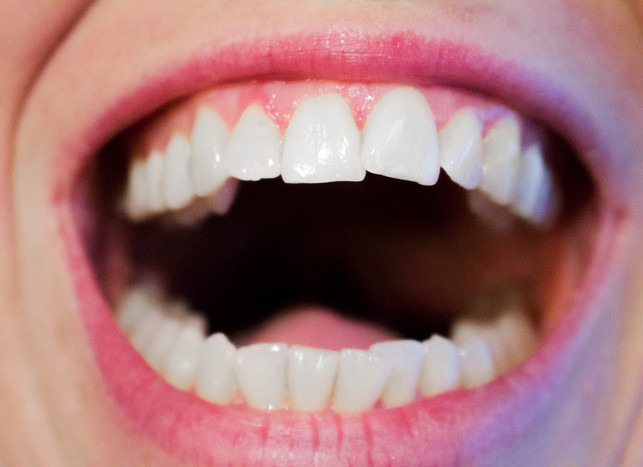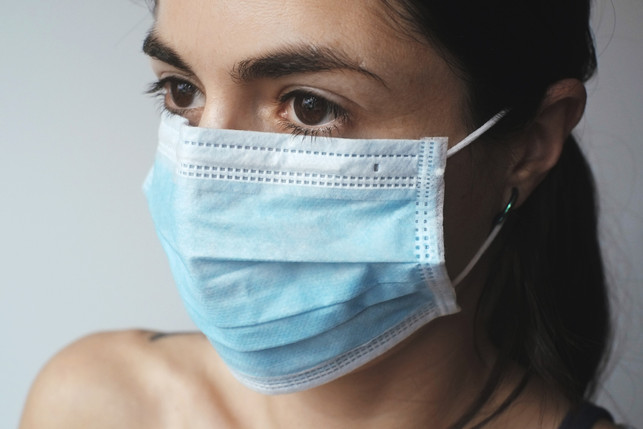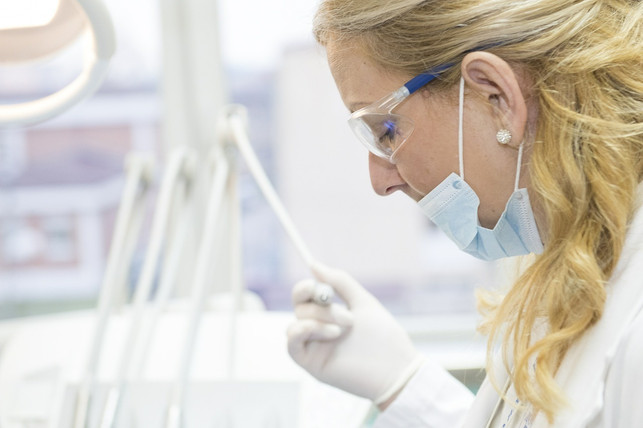
Bad breath is uncomfortable and stressful. But in most cases the cause can be easily remedied. You can find out which simple means you can get rid of bad breath here.
![]()
Garlic or onions are known for leaving an intense taste on the tongue. The smell is still perceptible up to 72 hours after eating.
However, one speaks of real bad breath when the bad breath continues over a longer period of time. Affected people are often not even aware that they suffer from the so -called halitosis. Others, on the other hand, only form to have bad breath. Both cases can have an impact on the quality of life – for example, if discussions or social contacts are avoided for fear of bad breath.
For this reason, it is important to address affected persons carefully. Are you not sure if you have bad breath? Then please a familiar person or yours: n dentist: in an answer.
Causes of bad breath: This creates bad breath

A bad breath is 90 percent in the oral cavity. The bad breath is uncomfortable, but mostly harmless and easy to treat.
In our mouth there are between 800 and 1000 different types of bacteria that form our oral flora. Almost two thirds of them are on the tongue surface. There you are responsible for decomposing dead mucosa cells and food residues. This process creates sulfur compounds that can release foul -smelling substances and thus lead to bad breath.
If the bacteria meet good living conditions, they can multiply unhindered. Inadequate oral hygiene in particular is the ideal breeding site. This confuses the balance of our oral flora and bad breath arises.
These factors promote bad breath:
- Food residues in the interdental spaces
- Inadequately well -groomed denture or braces
- caries
- Gingivitis
- Periodontitis
- Inflammation of the tooth root
- Little saliva or dry mouth
Medicines?

Certain medication can also cause or favor bad breath, for example because they reduce the flow of saliva or change the oral flora. If you believe that medication are responsible for your bad breath, the best way to do this suspicion is to clarify it.
A dry mouth is often favored by:
- Antidepressant
- Antihistamines
- Blood pressure medication
In addition, a side effect of the following medication can be that changes occur in the oral flora and therefore bad breath:
- Antiepileptics
- Cough
- Antibiotics
Medicines such as Disulfiram can also cause bad breath.
Some diseases can promote halitosis

In a few cases, bad breath can also indicate a serious disease. Unlike the harmless bad breath, the bad breath is also perceptible through the nose. The trigger is either in the nose, the sinuses or in the gastrointestinal tract.
In the case of these diseases, bad breath can occur:
- Throat inflammation or tonsillitis
-
Permanent cold or inflammation of the sinuses
- Bronchitis and pneumonia
- Inflammation of the esophagus
- heartburn
- Gastric mucosal inflammation
- Food intolerances
- malignant tumors
A visit to the dental practice can provide clarity about the severity of the oral smell and most causes. Otherwise you should have yours: n ENT medical: in or visit an internal practice in order to exclude serious illnesses.
So you can fight bad bad breath

Depending on the trigger, you can often combat bad breath with simple means:
- Visit yours at least twice a year: n dentist: in. This: r can give you tips for the health of the oral cavity and also recommend professional tooth cleaning.
- Avoid food and drinks that promote bad breath. These include garlic, onions, but also coffee.
- Avoid cigarettes and alcohol. These luxury foods reduce your salivation. As a result, odor -based bacteria can no longer be removed and bad breath is created.
- Bunbons or chewing gum stimulate the saliva flow and therefore fight mouth dryness. However, they almost always contain oil and synthetic substances. Instead, rather chew on one or two mint leaves to improve your breath.
- Drink a lot of water and little coffee to prevent a dry mouth.
- Since most bacteria are located on the tongue, you can scrape your tongue every day. This can be done with a special scraper from the health food store or to the toothbrush.
-
Brush your teeth twice a day for two minutes each. Choose a soft brush head to protect your teeth and gums. To avoid plastic, you can buy vegan toothbrushes out of bamboo (for example in the avocadostore). The right toothpaste without microplastics can be found in our leaderboard below.
- To avoid bad breath, it is important to free the interdental spaces from food residues. You can use special brushes or dental floss for this. You can find an environmentally friendly and vegan alternative to conventional products in the avocado gate.
- Choose the right mouthwash to prevent bad breath. Many mouthwashes are so aggressive that they harm the oral flora in the long term and thus always promote bad breath. An infusion with sage or peppermint leaves can also be used lukewarm for rinsing or gurgling. If this infusion is too complex for you, you will find a resource -saving alternative on a natural basis in the avocado gate.
- Ginger acts against bad breath. The contained Gingerol activates certain enzymes in saliva that combat bacteria. You can simply chew a piece of ginger or, if that is too sharp, drink ginger tea or ginger water.
Note: If you already run good oral hygiene, follow all tips and still do not disappear your bad breath, you should obtain medical advice. The first point of contact can be a dental practice, for example, in order to exclude or confirm a possible disease of the teeth. If this does not bring a result, there is a passage to a general practitioner: in or ENT doctor: in use.
Revised by Jennifer Watzek
Read more on utopia.de:
- Get rid of the smell of garlic: The best home remedies for the mouth and hands
- Book tip: Live better without plastic – simple tips for everyday life
- Breathing exercises: You should know these exercises
** marked with ** or orange underlined Links to sources of supply are partially partner links: If you buy here, you will actively support Techzle\.com, because we will then receive a small part of the sales proceeds. More information.